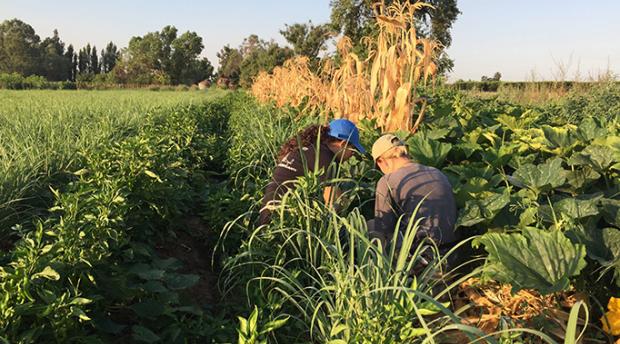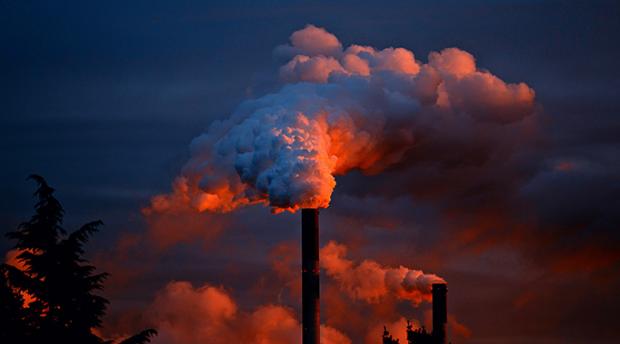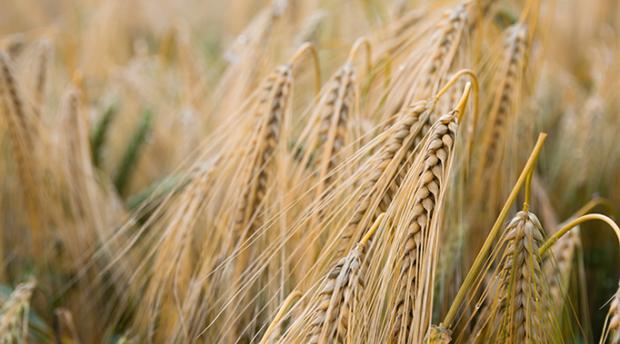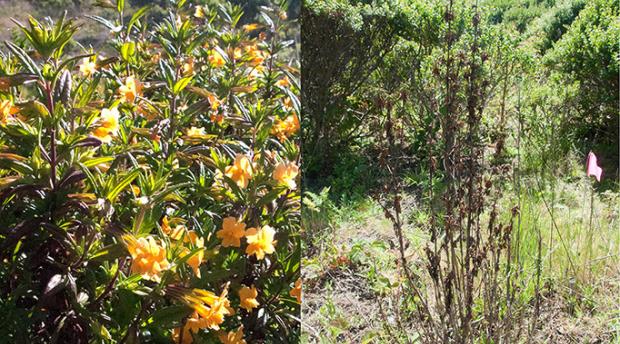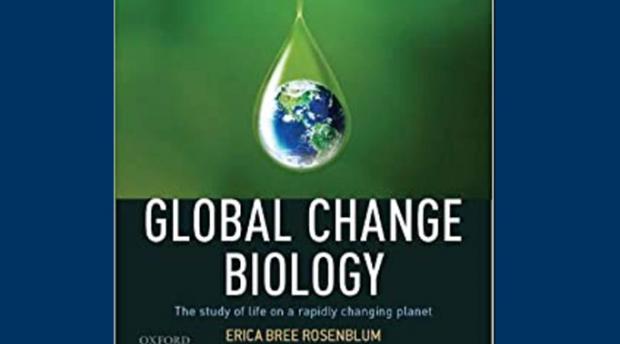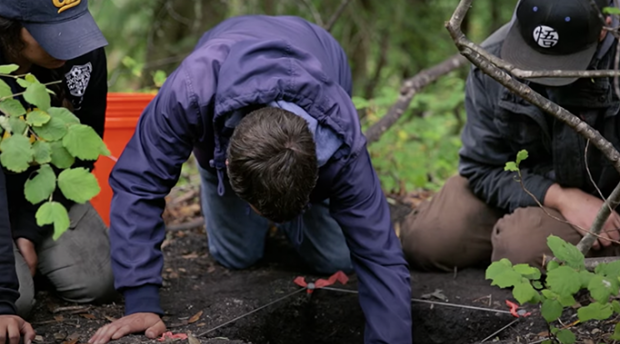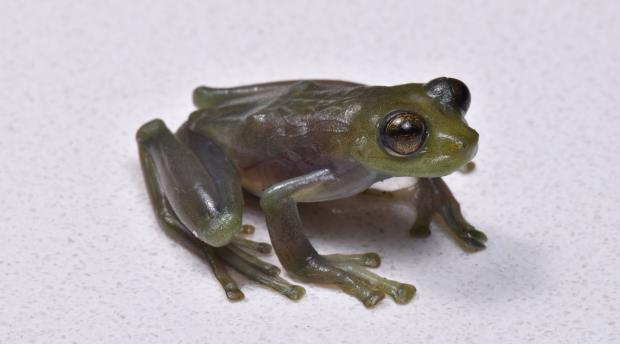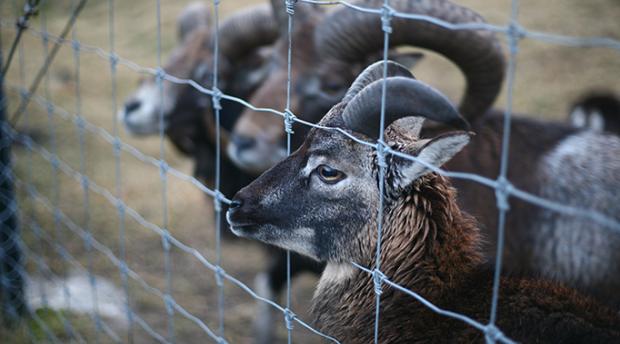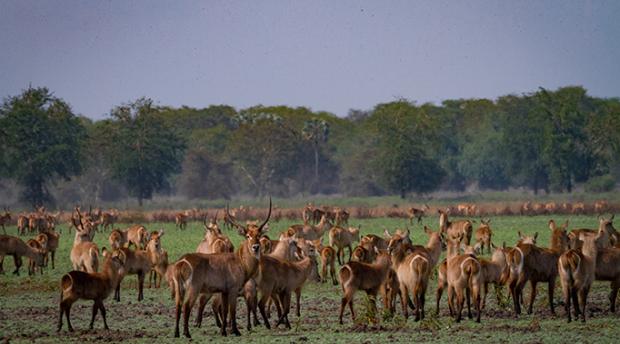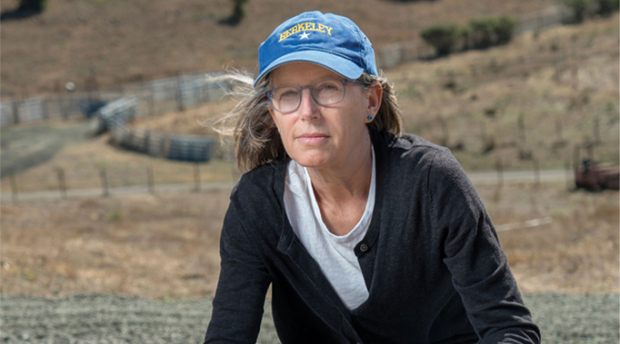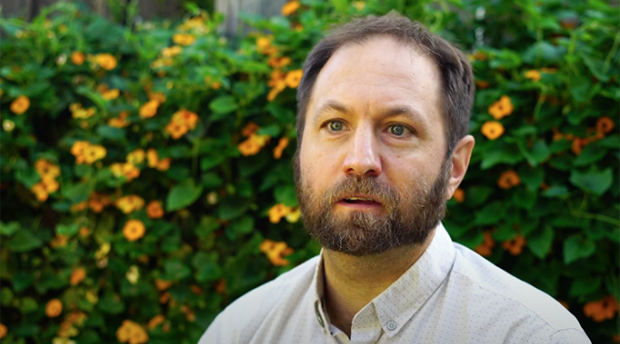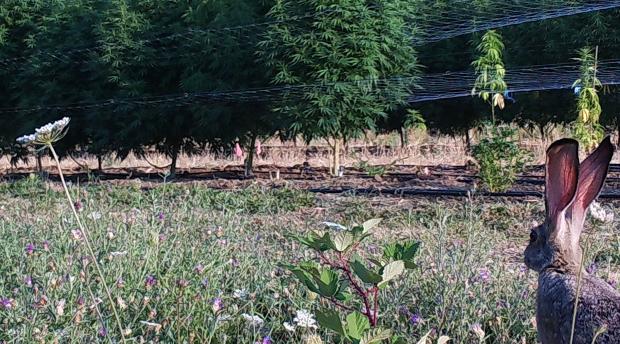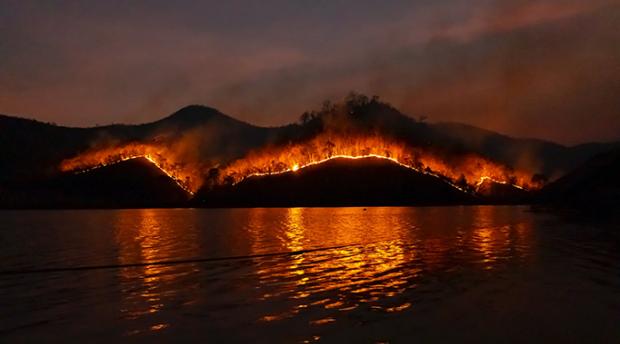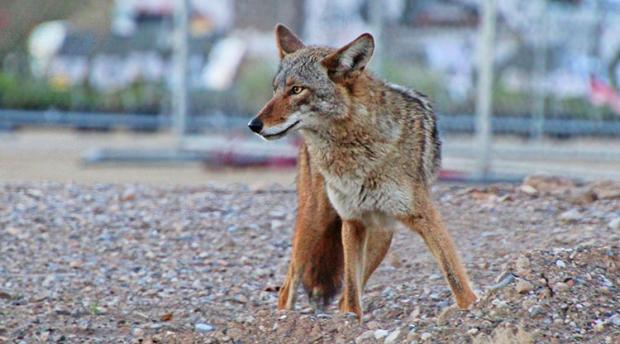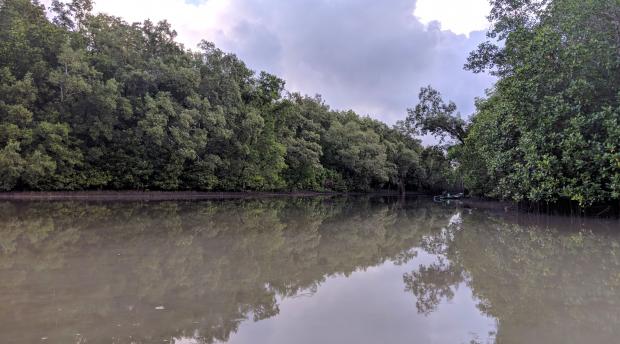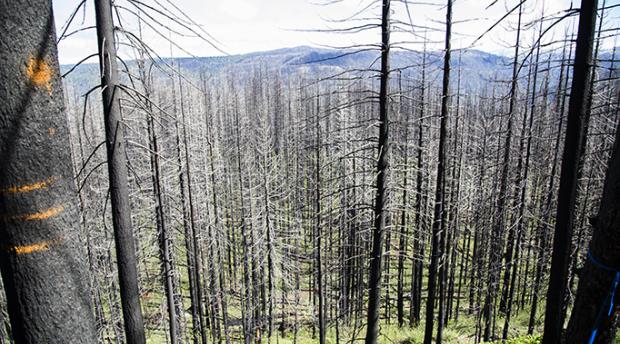Research
Crop diversity enriches soil fungi in depleted soil
PhD candidate Aidee Guzman collaborates with farmers in the San Joaquin Valley to better understand soil health and support farmers.
Policy roadmaps for direct air capture of carbon
In a study published in Nature Communications, associate professor Jonas Meckling analyzes how policy can encourage the adoption of carbon dioxide removal technologies.
Agrifood system diversification promotes resilience
In a new study, a team of ESPM researchers analyze how agriculture can better adapt to biodiversity loss, climate change, and food insecurity.
Soil borne pathogen invasions linked to ecological restorations
Matteo Garbelotto, Cooperative Extension specialist and adjunct professor, co-authored a new study in the journal Biological Invasions.
Textbook redefines global change biology narratives
Associate professor Erica Bree Rosenblum uses innovative pedagogy and focuses on student experience in her new book.
Berkeley's cutting-edge advances in Indigenous archaeology
Peter Nelson, an assistant professor who studies anthropological archaeology and Indigenous environmental studies, is featured in Berkeley News.
Near a waterfall’s roar, glass frogs wave hello to attract mates
Rebecca Brunner, a PhD candidate, has discovered a new communication strategy of an elusive glass frog species.
New study reveals how fences hinder migratory wildlife in the West
Graduate student Wenjing Xu and assistant professor Arthur D. Middleton are coauthors of the study published in the Journal of Applied Ecology.
Camera traps document wildlife’s return to Gorongosa National Park
Researchers publish a new study that evaluates wildlife populations following the Mozambican Civil War.
The Climate-COVID Connection
In Breakthroughs magazine, Professor Rachel Morello-Frosch and alumnus Christopher Golden discuss the crucial linkages between public health, the environment, and social justice.
The Sequestration Solution
Whendee Silver’s research shows that compost doesn’t just benefit farmers—it captures carbon.
Land Use in Cannabis Agriculture
The Berkeley Cannabis Research Center shares a video about the state of cannabis research and farming.
Study explores impact of cannabis expansion on Western wildlife
Graduate Phoebe Parker-Shames was the lead author of a new study on the environmental impacts of cannabis farming.
Preventing catastrophic wildfires under climate change
As wildfires burn across the state, associate adjunct professor Patrick Gonzalez has developed a new science-based policy for a long-term solution.
Benefits of cattle grazing for reducing fire fuels and hazard
UC Cooperative Extension specialists in the Bartolome-Huntsinger lab collaborated on a new study.
Systemic racism hurts not just humans, but urban biodiversity
Max Lambert, a postdoctoral fellow, discusses how social justice is important in improving conservation.
Research on predictive modeling informs mangrove conservation
Graduate student Jacob Bukoski is lead author of a study examining carbon stock estimation approaches in mangroves.
Protected areas needed across climates to safeguard biodiversity
The study appearing in Science Advances highlights the need for climate smart management to preserve biodiversity.
Professor Inez Fung outlines life journey through science and academia
The paper was recently published in the journal Annual Review of Earth and Planetary Sciences .
Experts advocate fire management to conserve seasonally dry forests
The study, co-authored by professor Scott Stephens, was published in the journal Frontiers in Ecology and the Environment.


